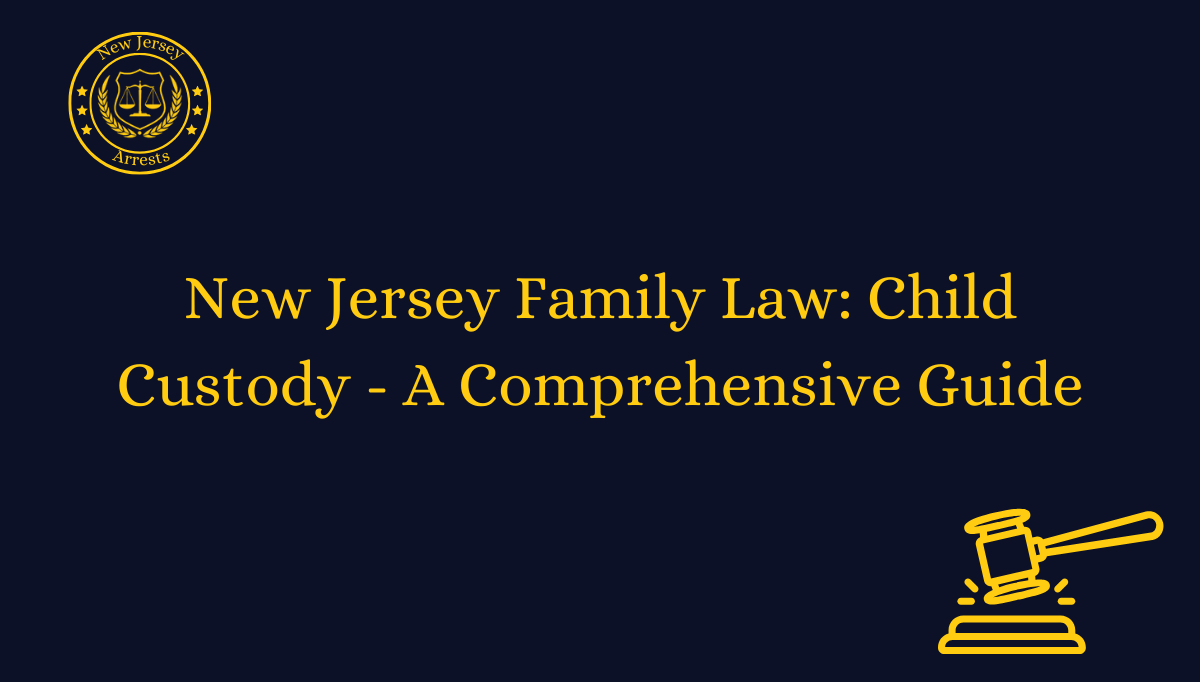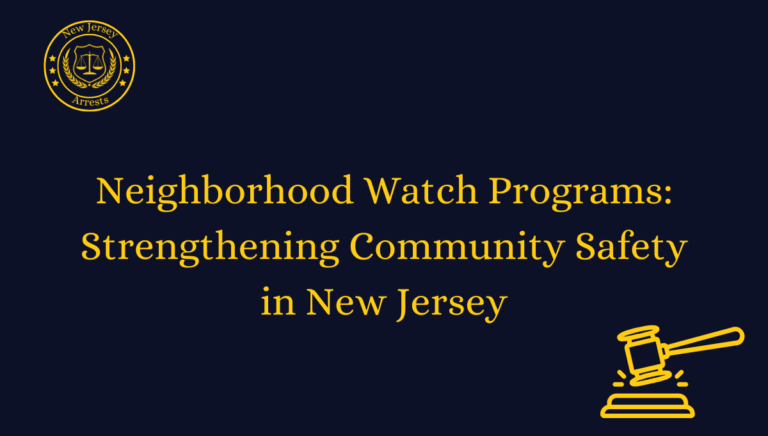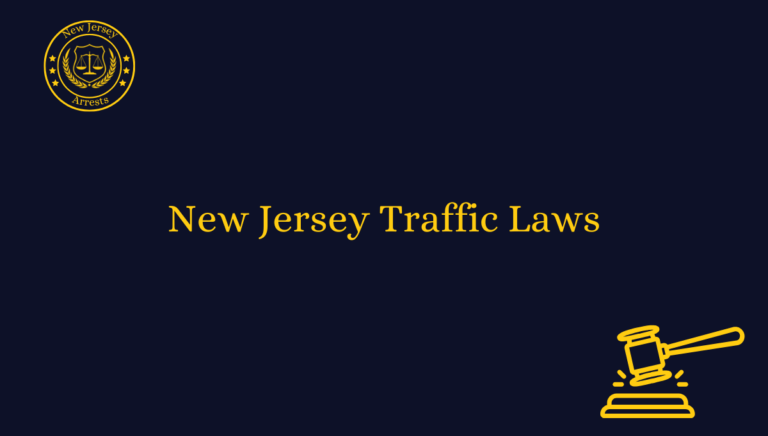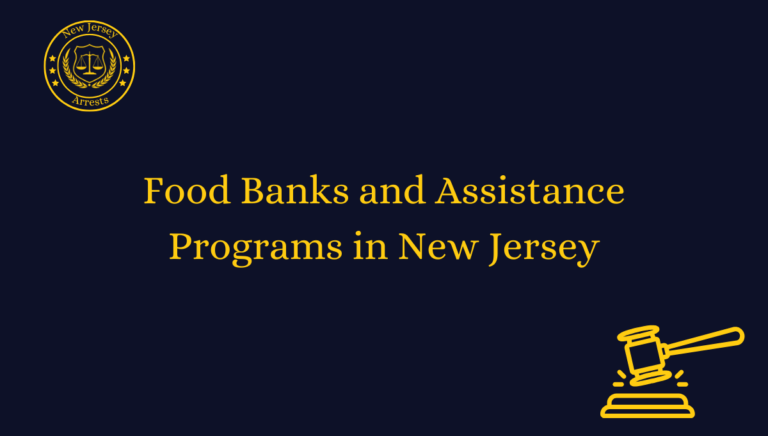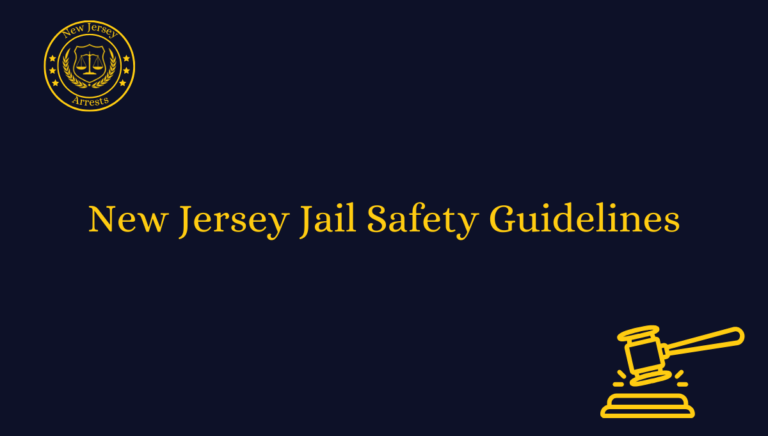New Jersey Family Law: Child Custody – A Comprehensive Guide
Welcome to our comprehensive guide on New Jersey Family Law: Child Custody. In this detailed and informative resource, we will delve into the intricacies of child custody laws in the state of New Jersey. Whether you are a parent going through a divorce or separation, a legal professional seeking insights, or simply someone interested in understanding the complexities of child custody, this guide is designed to provide you with valuable information.
Child custody matters can be emotionally charged and legally complex, making it crucial to have a solid understanding of the laws and regulations surrounding it. Our aim is to empower you with the knowledge you need to navigate the child custody process confidently and make informed decisions that align with the best interests of your child.
Understanding Child Custody Laws in New Jersey
When it comes to child custody matters in the state of New Jersey, it is essential to have a thorough understanding of the laws and regulations that govern them. Navigating the complexities of child custody can be emotionally challenging and legally daunting, but with the right knowledge and guidance, you can confidently make decisions that prioritize the best interests of your child.
The Different Types of Child Custody
Before delving into the intricacies of child custody laws in New Jersey, it is important to understand the different types of child custody arrangements that may be considered. The two primary types are physical custody and legal custody.
Physical Custody
Physical custody refers to where the child will primarily reside and who will be responsible for their day-to-day care. This can be further categorized as sole physical custody, where the child resides primarily with one parent, or joint physical custody, where the child splits their time between both parents.
Legal Custody
Legal custody, on the other hand, pertains to the right and responsibility to make important decisions regarding the child’s upbringing, such as education, healthcare, and religious upbringing. Like physical custody, legal custody can also be sole or joint, depending on the specific circumstances of the case.
Factors Considered in Child Custody Cases
When determining child custody arrangements in New Jersey, the court considers various factors to ensure that the best interests of the child are met. These factors include:
- The child’s age and health
- Each parent’s ability to provide a stable and nurturing environment
- The child’s relationship with each parent
- Any history of domestic violence or substance abuse
- The child’s preferences, if they are of an appropriate age
The Importance of Legal Representation
Given the complex nature of child custody cases, it is highly recommended to seek legal representation to guide you through the process. An experienced family law attorney can help you understand your rights, navigate the legal proceedings, and advocate for your interests and the best interests of your child.
FAQs
What factors do courts consider when determining child custody?
Courts consider several factors when determining child custody, including the child’s age, the parents’ ability to provide a stable and supportive environment, the child’s relationship with each parent, and the parents’ ability to cooperate in making decisions for the child’s welfare.
Can grandparents seek child custody?
Yes, grandparents can seek child custody in certain circumstances. However, they must demonstrate that it is in the child’s best interest to have custody awarded to them, and that both parents are unfit or unable to care for the child.
What is the difference between sole custody and joint custody?
Sole custody is when one parent has full legal and physical custody of the child, and the other parent has limited or no rights to make decisions for the child. Joint custody is when both parents share legal and physical custody, and they work together in making decisions for the child’s well-being.
How can I modify a child custody order?
To modify a child custody order, you must demonstrate to the court that there has been a significant change in circumstances since the original order was issued, and that modifying the order is in the best interest of the child. You will need to file a motion with the court explaining the reasons for the modification.
What is a parenting plan?
A parenting plan is a detailed agreement between parents that outlines how they will share custody and make decisions for their child. It includes schedules for visitation, holidays, and vacations, as well as guidelines for communication and dispute resolution.
What is supervised visitation?
Supervised visitation is when a noncustodial parent is allowed to spend time with their child, but under the supervision of a third party. This may be required if there are concerns about the child’s safety or well-being when in the presence of the noncustodial parent.
Conclusion
Understanding child custody laws in New Jersey is crucial for parents going through a divorce or separation. By familiarizing yourself with the different types of custody, the factors considered, and the importance of legal representation, you can approach the child custody process with confidence, knowing that you are equipped with the necessary knowledge to make informed decisions that prioritize your child’s well-being.

